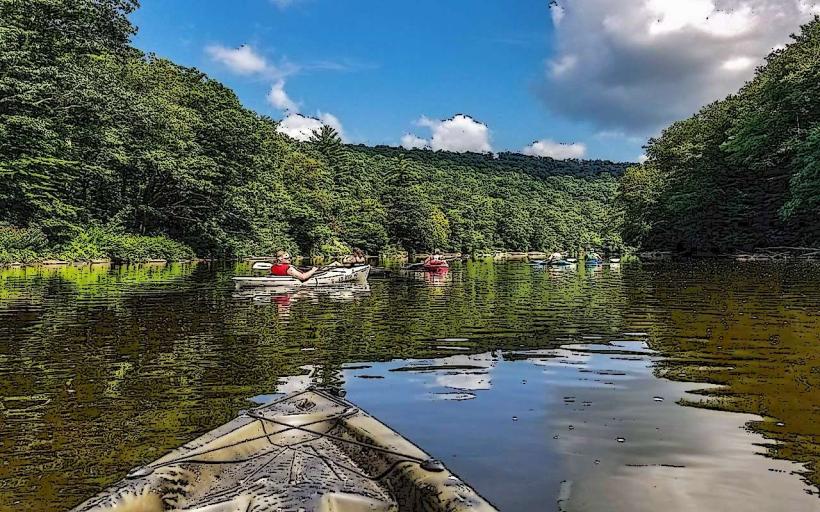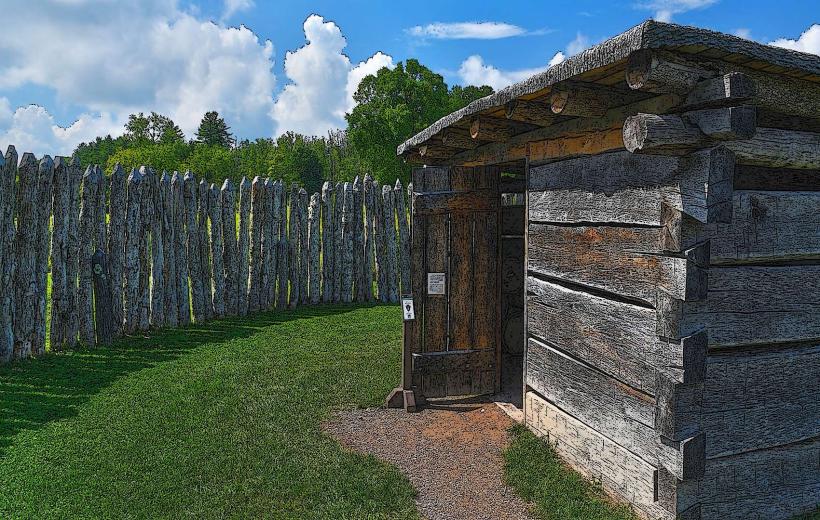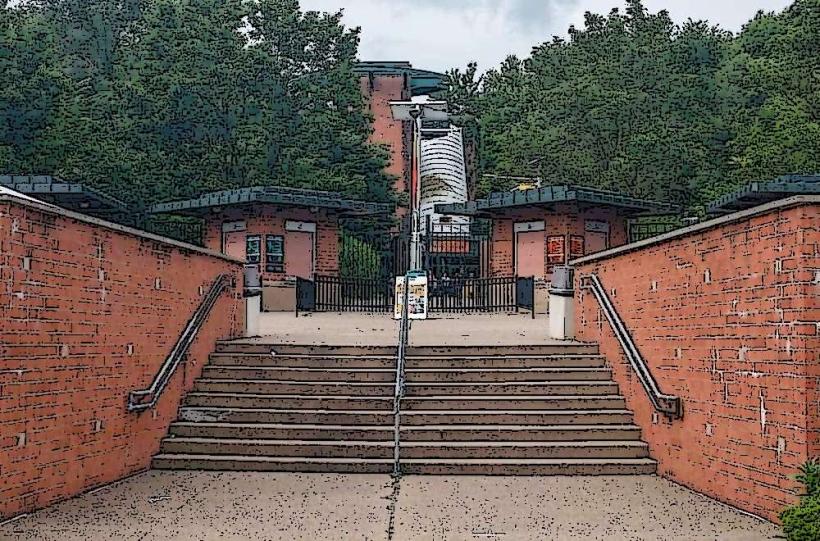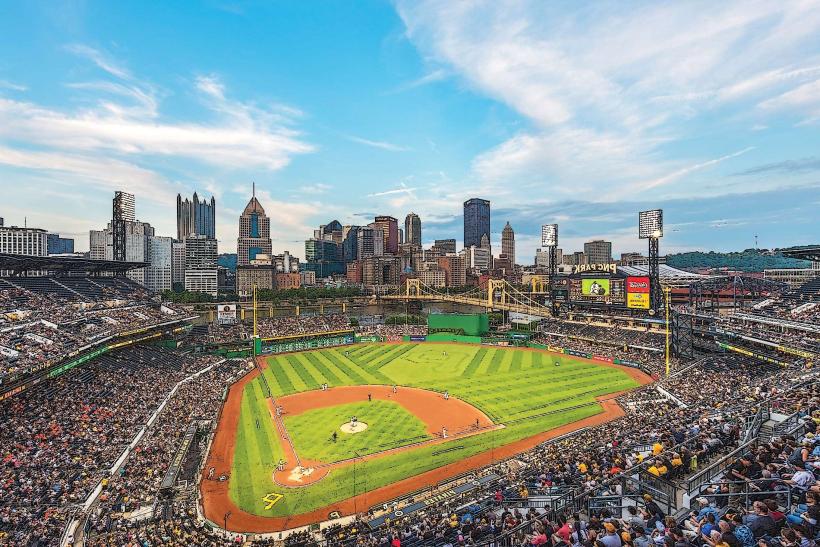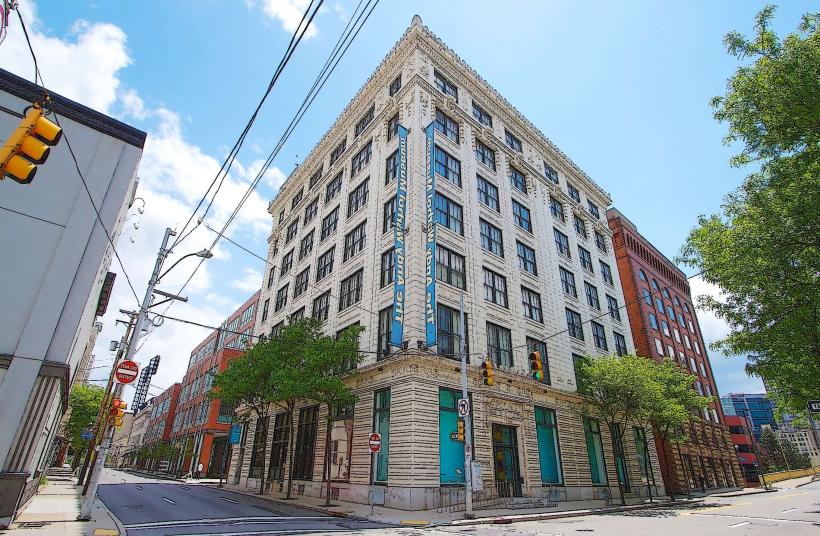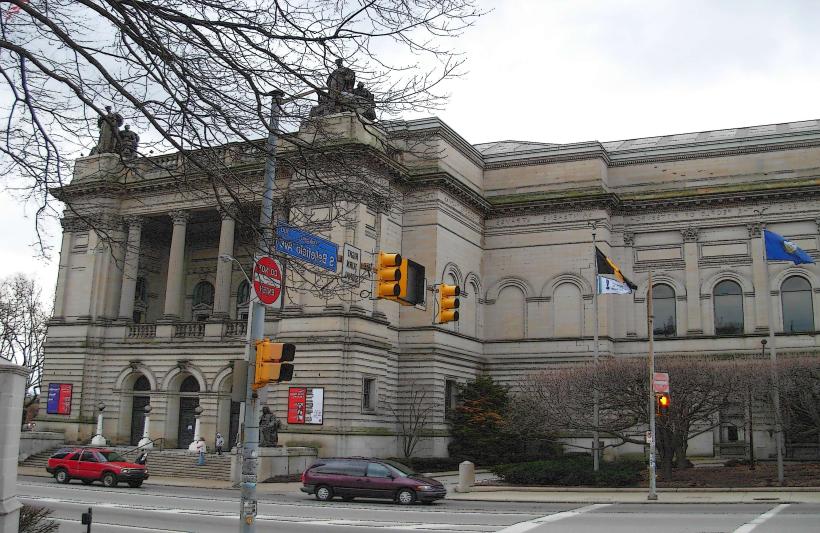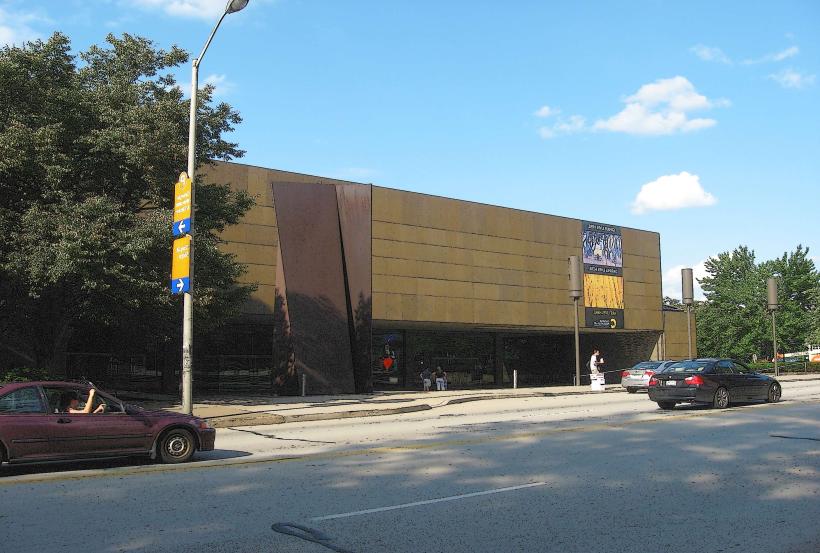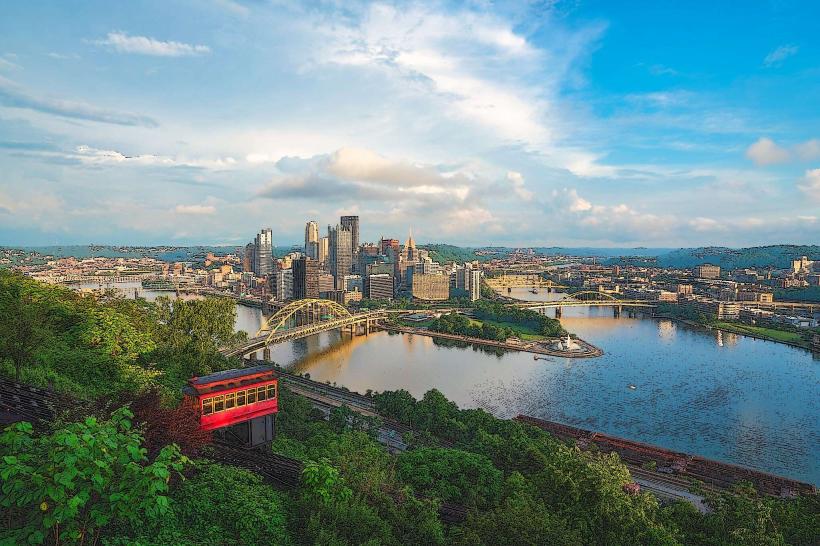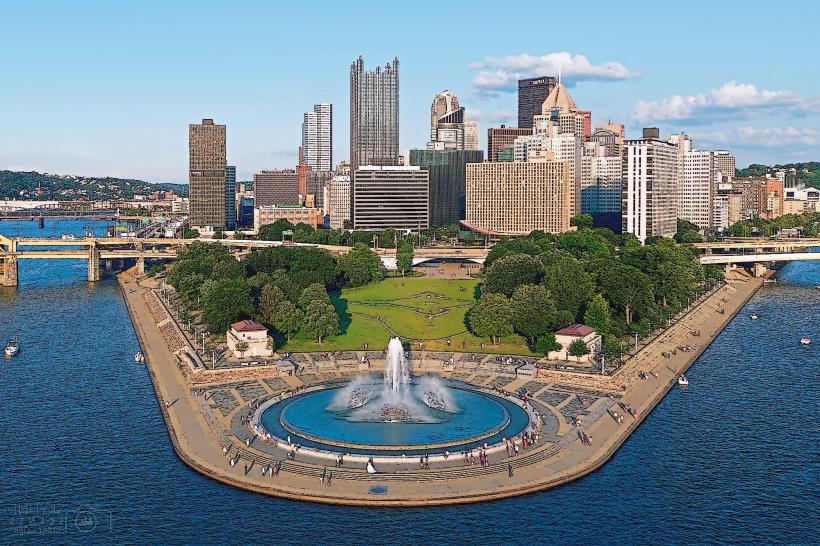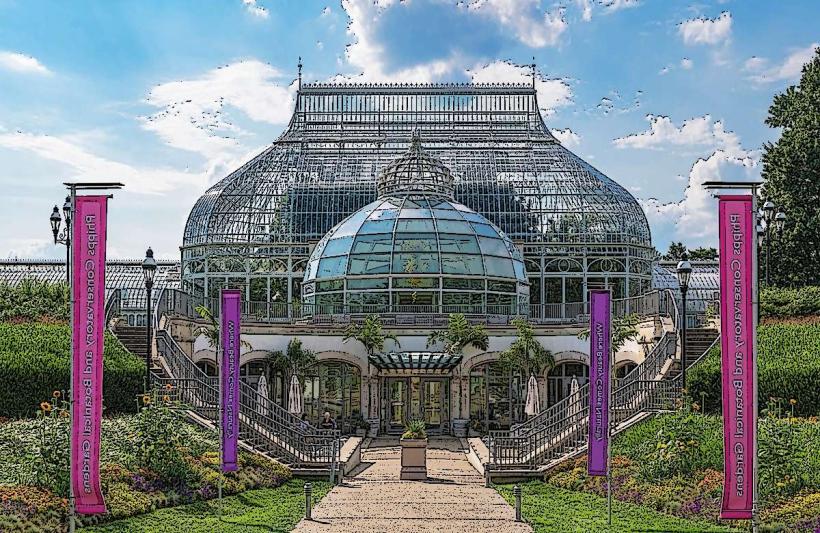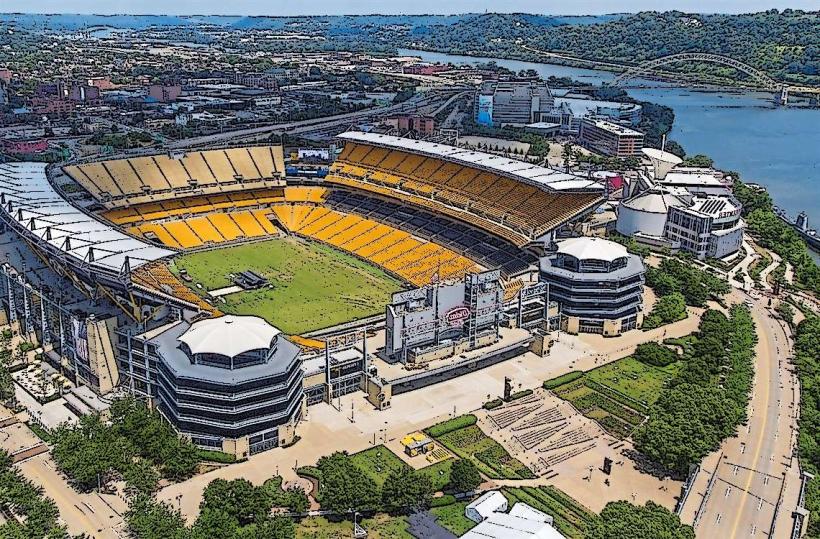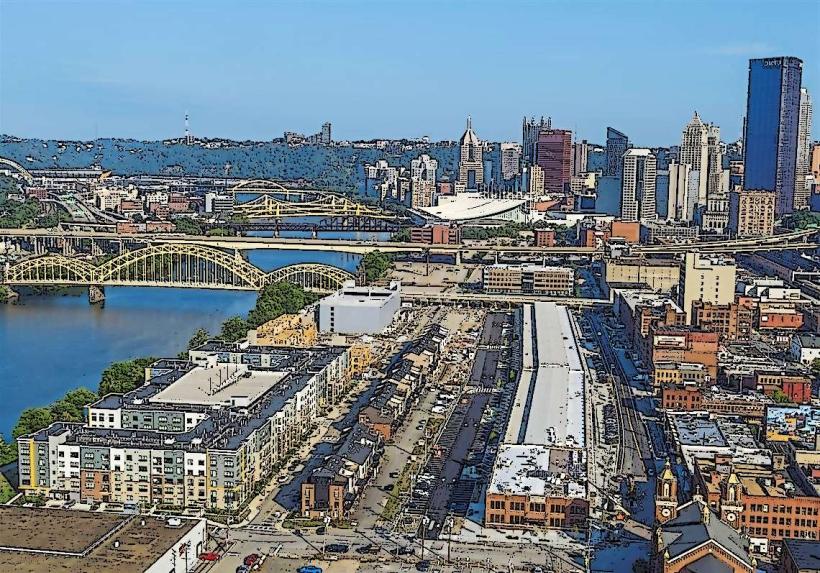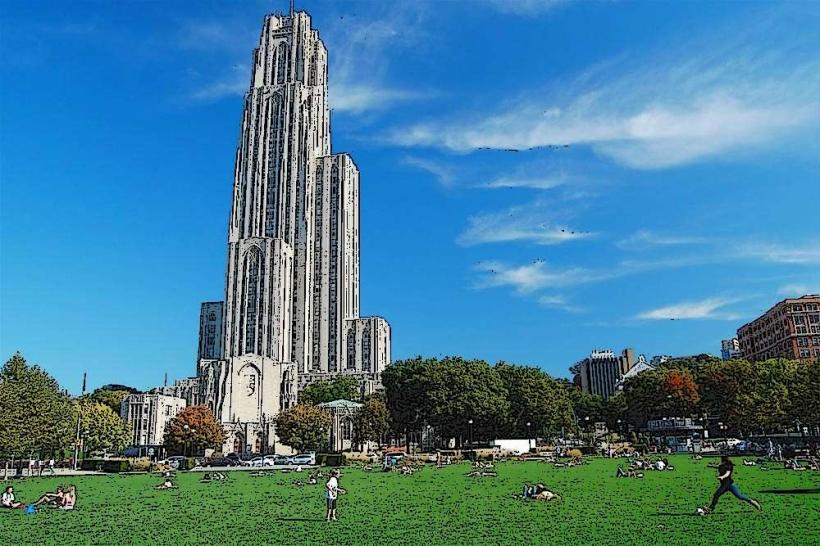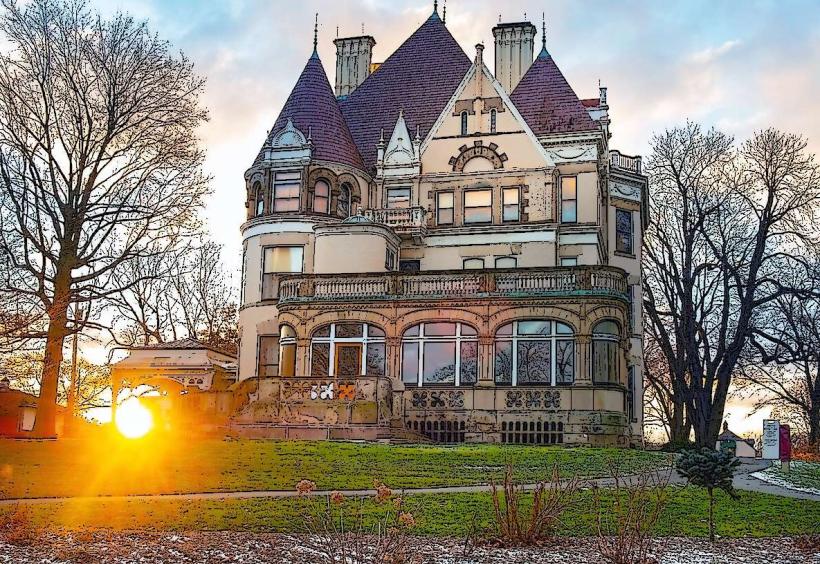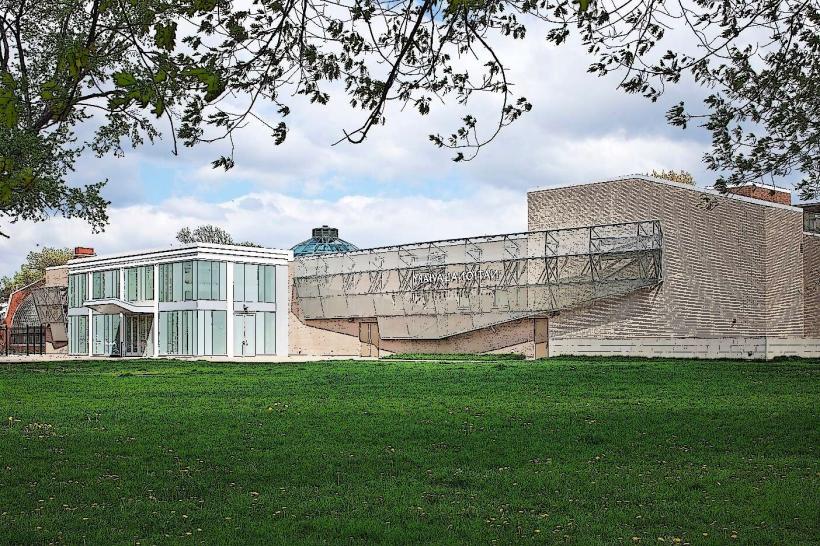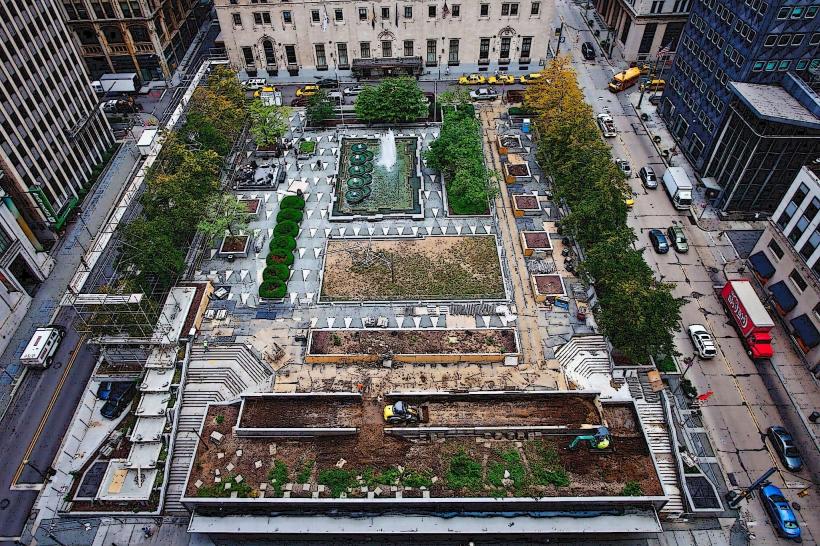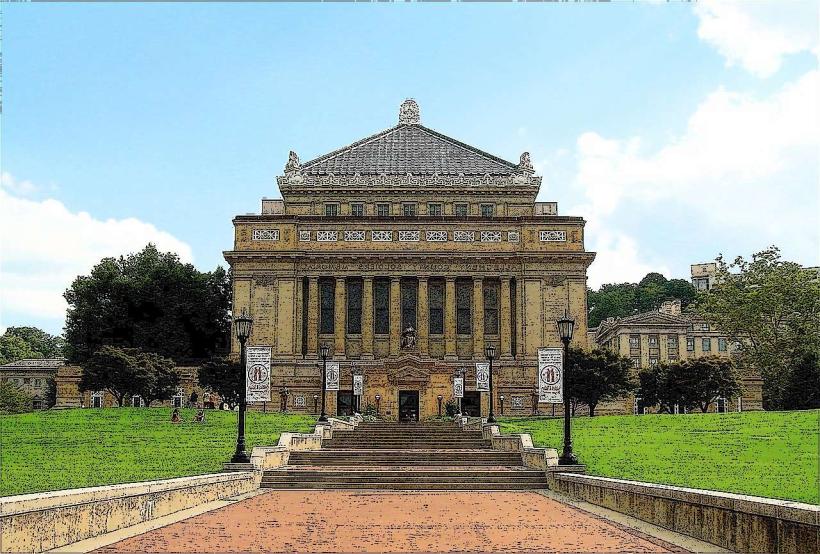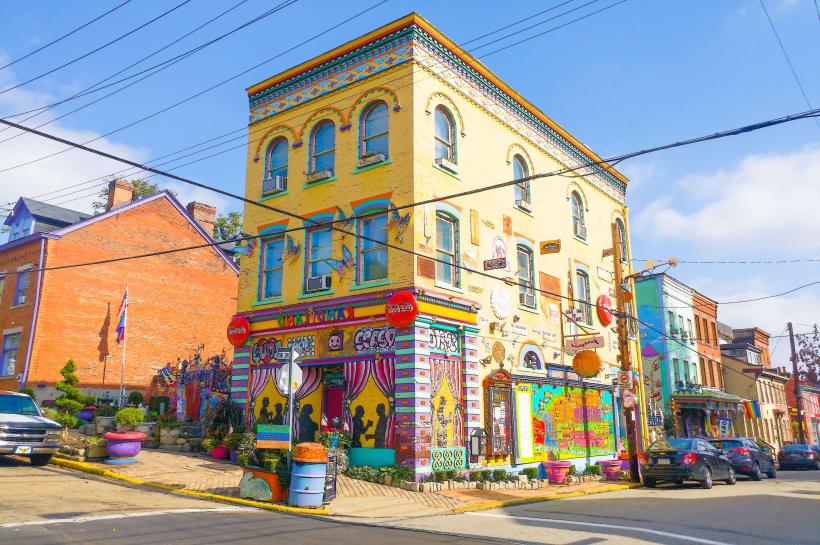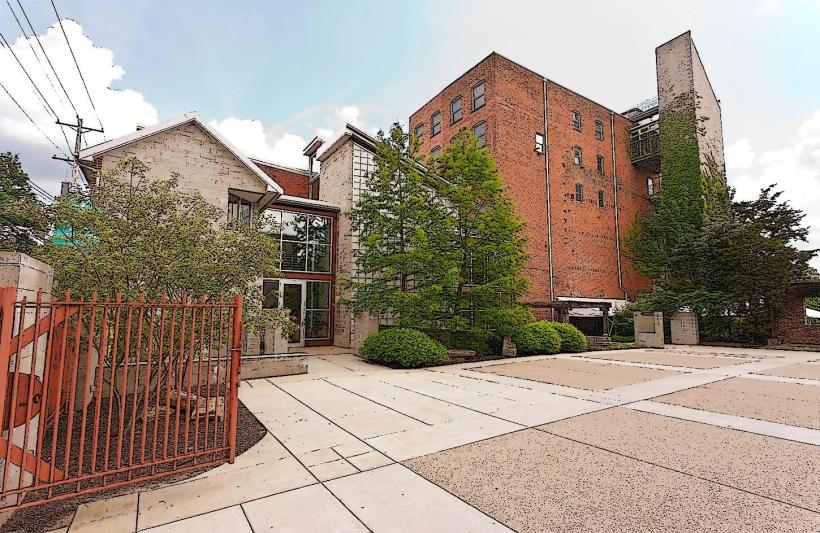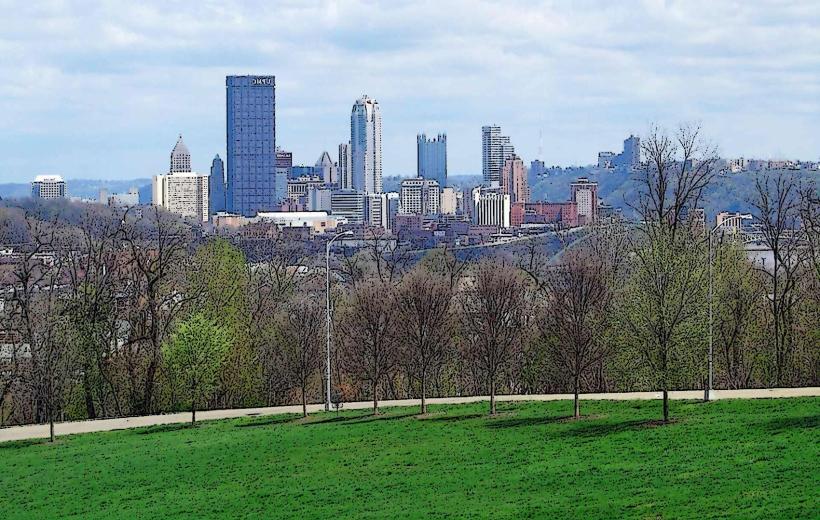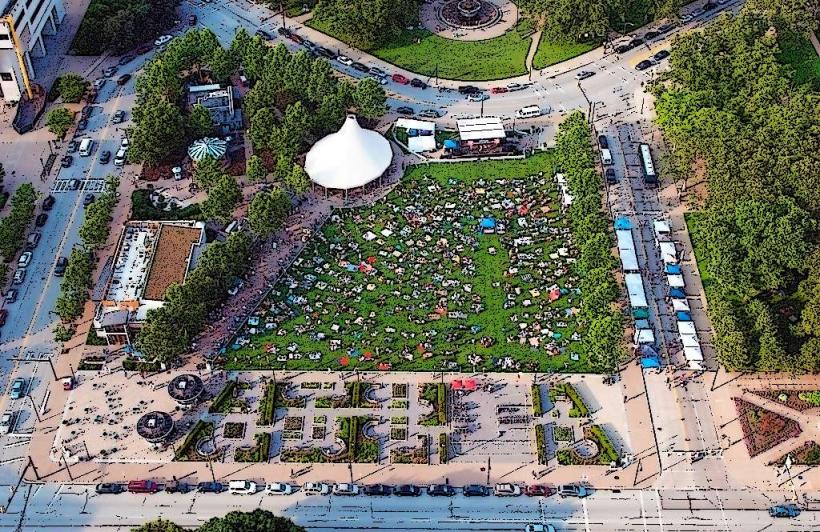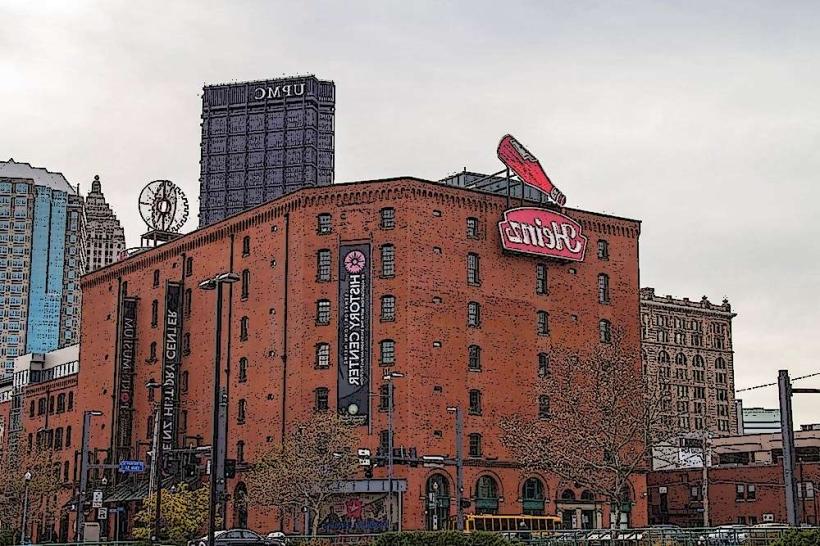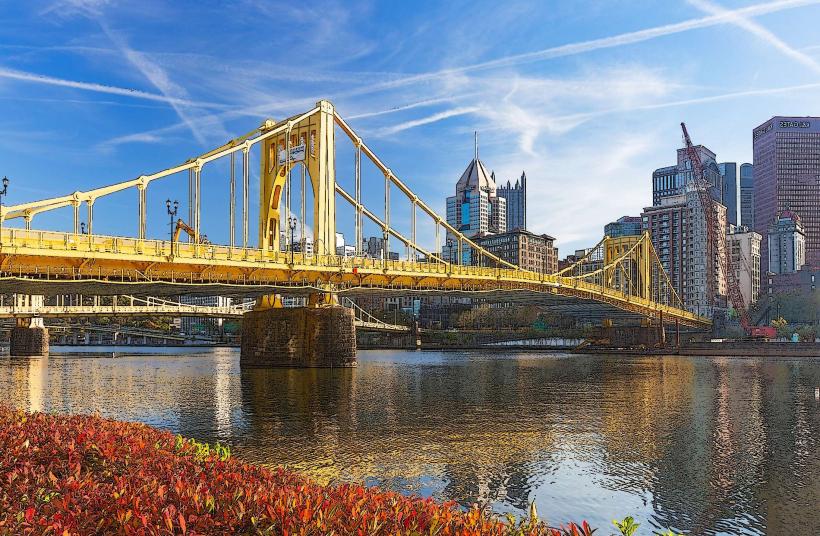Information
City: PittsburghCountry: USA Pennsylvania
Continent: North America
Pittsburgh, USA Pennsylvania, North America
Pittsburgh is the second-largest city in Pennsylvania and the seat of Allegheny County. Known as the "Steel City" for its industrial past and the "City of Bridges" for its 446 spans, it has successfully transitioned from a manufacturing center to a global leader in healthcare, robotics, and technology.
Historical Timeline
Originally the site of Fort Duquesne (French) and later Fort Pitt (British) due to its strategic position at the confluence of three rivers. In the 19th and early 20th centuries, it became the industrial heart of the U.S., fueled by the coal and steel empires of Andrew Carnegie and Henry Clay Frick. Following the collapse of the steel industry in the 1980s, the city underwent "The Renaissance," revitalizing its downtown and pivoting toward a knowledge-based economy.
Demographics & Population
The estimated 2026 population is 300,431 (Metropolitan area approx. 2.3 million).
Composition: 63.3% White, 22.1% Black or African American, 5.8% Asian, and 3.5% Hispanic/Latino.
Economic Base: Anchored by "Eds and Meds," specifically University of Pittsburgh Medical Center (UPMC) and Carnegie Mellon University.
Median Household Income: $62,434.
Urban Layout & Key Districts
The Golden Triangle (Downtown): The central business district situated at the point where the rivers meet.
The Strip District: A historic market district now home to street vendors, international grocers, and trendy converted lofts.
Lawrenceville: A former industrial area turned premier creative hub with boutiques, galleries, and a high concentration of tech firms.
Oakland: The academic heart of the city, containing the University of Pittsburgh, Carnegie Mellon, and major museums.
Mount Washington: Located across the Monongahela River, offering the most famous skyline views from its residential cliffs.
Top City Landmarks
Point State Park: A 36-acre park at the confluence featuring a massive 150-foot fountain and remains of historic forts.
The Andy Warhol Museum: The largest museum in North America dedicated to a single artist (Warhol was a Pittsburgh native).
Phipps Conservatory and Botanical Gardens: A world-class 15-acre sustainable garden and Victorian glasshouse.
Carnegie Museums of Art and Natural History: Home to one of the finest dinosaur collections in the world ("Dippy" the Diplodocus).
Duquesne and Monongahela Inclines: Historic funiculars that transport commuters and tourists up Mount Washington.
Acrisure Stadium & PNC Park: Iconic sports venues for the Steelers and Pirates, respectively.
Transportation Network
Pittsburgh International Airport (PIT) is nearing completion of its $1.4 billion terminal modernization project, set for a full 2026 opening.
Public Transit: Pittsburgh Regional Transit (PRT) operates buses, the "T" (light rail), and inclines.
Roads: Major arteries include I-376 (the Parkway) and I-279. The city’s hilly geography and river crossings create unique traffic bottlenecks.
Safety & Environmental Alerts (Jan 23, 2026)
Major Winter Storm Watch: Effective Sunday morning through Monday night. A mix of heavy snow and ice is forecast; snow accumulations of 6–10 inches (15–25 cm) possible.
Extreme Cold Warning: Effective until 10:00 AM Saturday. Wind chills are forecast to drop to -28°C (-18°F) tonight.
Flood Advisory: Localized river flooding remains possible on the Ohio River near the Monongahela Wharf due to recent runoff.
Air Quality: Good (AQI 28), significantly improved from the city's industrial era.
Digital & Financial Infrastructure
Pittsburgh is a world-class hub for Artificial Intelligence and Autonomous Vehicles, with major operations for Argo AI, Motional, and Google. The US Dollar (USD) is the currency. Sales tax is 7.0% (includes 1% Allegheny County tax).
Climate & Air Quality
The city has a Humid Continental climate (Dfa).
Cloud Cover: Statistically one of the cloudiest cities in the U.S., similar to Seattle and Portland.
Conditions: Currently frigid and overcast; light snow flurries reported at PIT.
Local Cost Index
1 Espresso: $4.00 – $5.50
1 Primanti Bros. Sandwich: $10.00 – $14.00
Median 1-Bedroom Rent: $1,540
Affordability: Housing costs are roughly 12% lower than the national average.
Facts & Legends
Pittsburgh is the site of the world's first commercial radio station (KDKA). A verified fact: It has more bridges than Venice, Italy. A local legend involves "Joe Magarac," a mythological steelworker of Slavic folklore who was supposedly made of steel and could mold rails with his bare hands.


